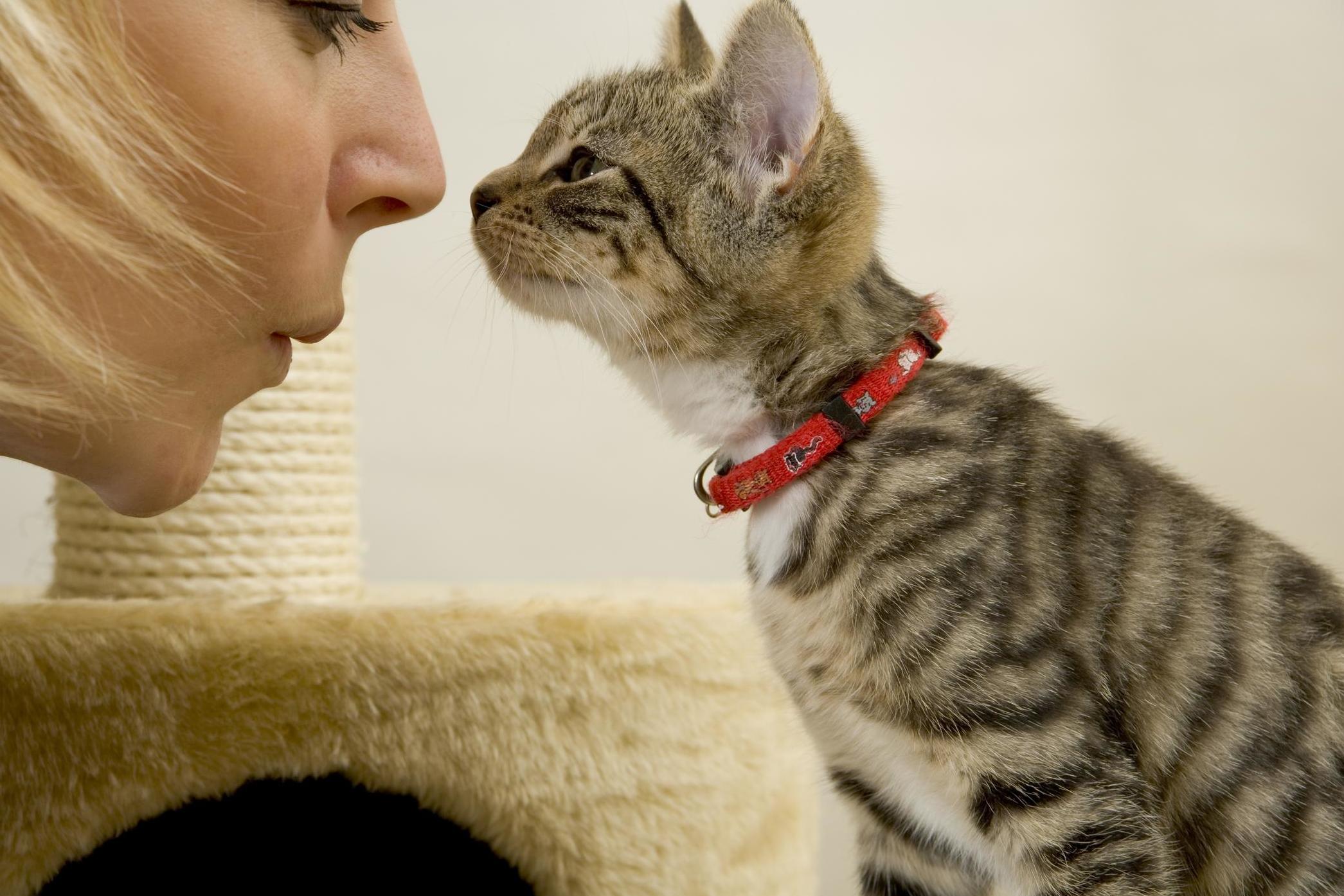Pet hoarders are most likely to be women, study finds
Who said science couldn't be sexist?

Cat ladies are more than just a meme; they could be struggling with a mental health condition.
People with large numbers of pets are more likely to be women, a new study published in Psychiatry Research has found.
Researchers looked into the psychological characteristics of those who collect animals, studying a group of 33 people who boasted 915 dogs, 382 cats and 50 ducks between them. On average, each individual owned 41 animals themselves.
Conducted in Brazil, the scientists found that 75 per cent of participants were women.
The “animal hoarders” were identified by animal welfare officials in Porto Alegre, citing the criterion as people who had more animals than they could cope with themselves.
The team, from Pontifícia Universidade Católica do Rio Grande do Sul, wanted to see whether the practise of hoarding animals could be aligned with regular hoarding, which is classified by the NHS as a mental condition.
Whilst differences occur between the two – since there is no affectional bond between normal hoarders and the inanimate objects they collect – they concluded that animal hoarding disorder should be similarly characterised as a mental illness.
Given that three quarters of the hoarders they identified were women, researchers concluded that “animal hoarding may be related to the female gender.”
They also claimed that many of them had issues identifying with other humans.
The majority of these women were also unmarried, whilst 60 per cent were elderly citizens.
“Regarding marital status, it was observed that most individuals did not have a partner and lived alone... In this sense, living with animals would provide emotional comfort to hoarders who present difficulties in affective relationships,” they wrote.
The archetypal “crazy cat lady” was coined by The Simpsons, after the show introduced a recurring older female character who was always surrounded by a large number of cats.
Naturally, she was also single.
Join our commenting forum
Join thought-provoking conversations, follow other Independent readers and see their replies
Comments
Bookmark popover
Removed from bookmarks